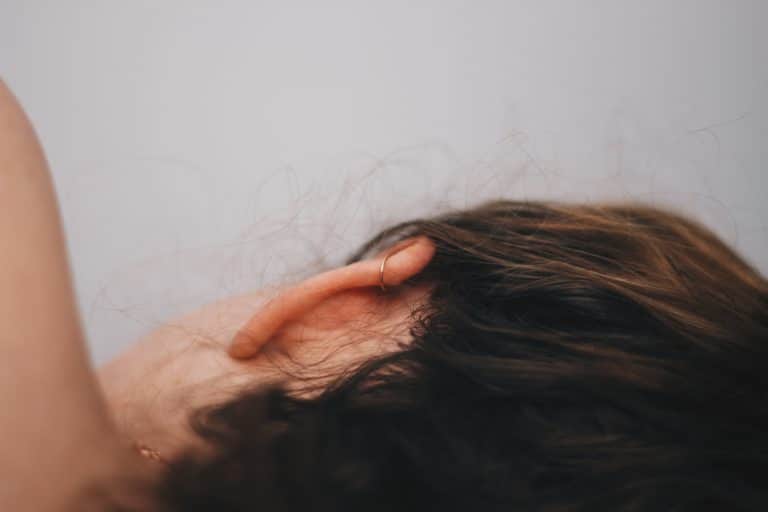Imagine being able to feel sounds like the doorbell, alarm clock, telephone or water faucet? Turns out, you don’t need to imagine it; the technology already exists.
A new device called the Neosensory Buzz converts soundwaves into dynamic vibrational patterns that help those who are hard of hearing access important auditory signals. This wearable device, which resembles a wristwatch or fitness tracker, mimics the cochlea in that it sends vibrations via the nervous system to the brain. In other words, it creates an alternative sensory channel to the brain’s auditory processing center.
About the Creators
David Eagleman, Ph.D., a Stanford University neuroscientist, and Scott Novich, Ph.D., started researching sensory substitutions for the deaf community just seven years ago. Together, they build technology that sends data streams to the brain via the sense of touch, called haptic feedback.
According to Dr. Eagleman, “The brain is locked in a vault of silence and darkness inside your skull, yet it constructs this whole world for us… Your brain doesn’t know and it doesn’t care where it gets the data from. It is fundamentally always trying to get information across the senses. Whatever information comes in, it just figures out what to do with it.”
Smartphone Connectivity
The Buzz device can be programmed to three different modes.
- Everyday mode: This mode adjusts to the wearer’s surroundings and cancels out unnecessary background noise.
- Sleep mode: This mode filters out nighttime sounds like snoring while alerting the wearer to emergency sounds like smoke detectors and sirens.
- Music mode: This mode lets wearers feel the beat of the song using pulses as well as the nuances of the melody.
There is also an alarm setting, where users can customize their desired vibrational pattern for various alarm signals.
Future Research
Neosensory is planning the launch of a device for people with high-frequency hearing loss in 2021 using the same hardware but programmed with different algorithms. This technology will be able to capture contrasting high-frequency sounds and turn them into specific vibrations on targeted parts of the wrist.
“For people with age-related hearing loss, it’s just a few phonemes that start getting hard to hear,” explained Eagleman. “With cross-sensory boosting, your ears still do most of the work but the wristband tells you which phoneme was just said. It allows people to understand what’s happening with speech in particular.”
For more information or to schedule an appointment, call Indiana Hearing Specialists today.
